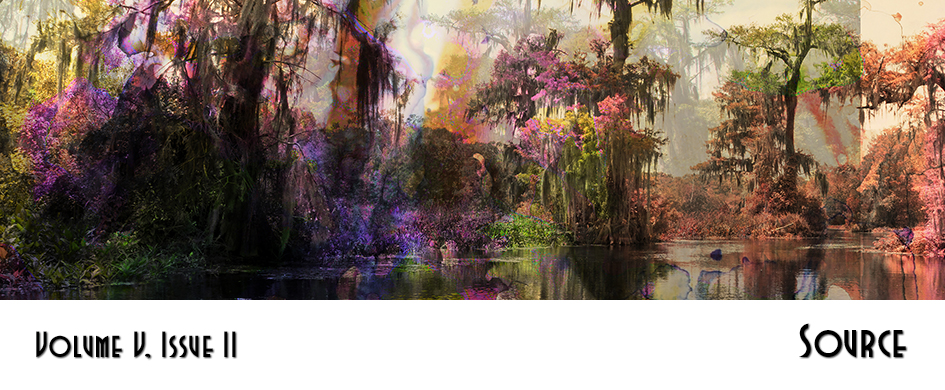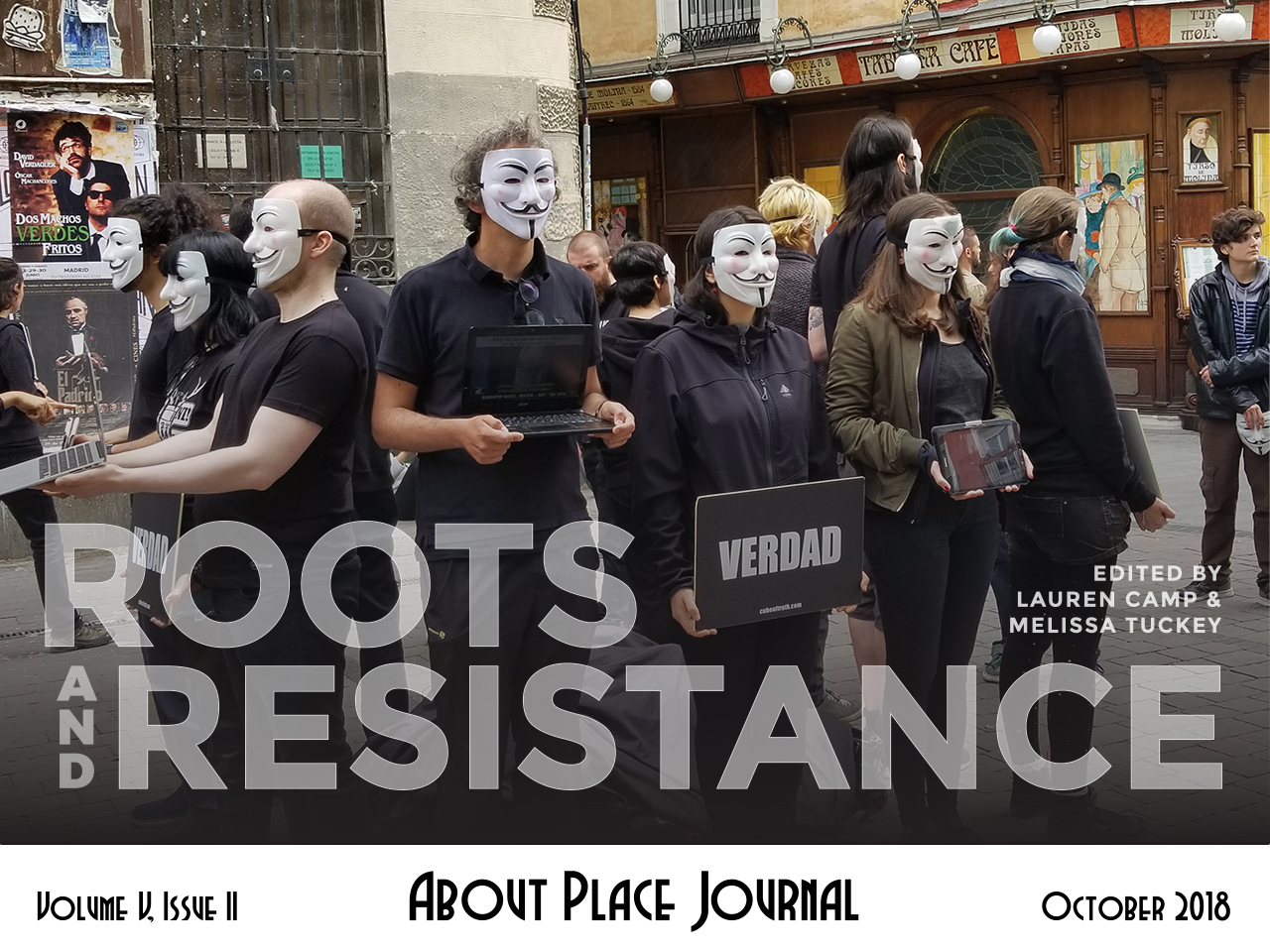at the National Memorial for Peace and Justice, Montgomery, Alabama
(dedicated to victims of documented lynchings, 1879–1950)
No more eyes gouged from their sockets.
Your manhood whole again.
No one will harness you with rope, drag you
through mobs of colorless faces.
Here on this hilltop
are your new manifestations – steel coffers
six feet tall, hanging above us, heavy as history.
801 pillars in variegated shades of brown,
one for each county where thousands of your bodies
were made to die.
ξ
for drinking from a white man’s well
for demanding fair wages for mending a fence
for writing a note to a white woman
for standing on the wrong side of a street
ξ
4400 names etched in steel:
Bird Cooper – Claiborne Parish, LA
Harrison and James Gillespie – Salisbury, NC
Anthony Crawford – Abbeville, SC
Fred Rochelle, 16 – burned alive in Polk County, FL
Caleb Gadley – Bowling Green, KY
Mary Turner with unborn child – Folsom Bridge, GA
ξ
Near these monuments wooden shelves hold
hundreds of glass jars, each packed with dirt
from unmarked sites where you were dumped.
Under trees. Down rutted roads. In dark woods.
And in that dirt, traces of your bone and grit,
lifted by your children’s children, by cousins
you’d never meet, by strangers who needed to say
I’m sorry. Their hands driven deep
in tainted earth — to lift out the residue
of your life and your life and your life
to speak your names out loud.


